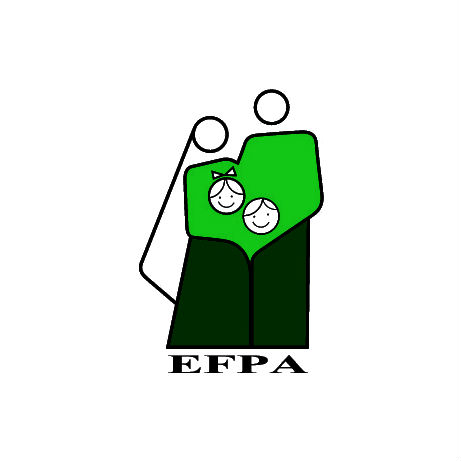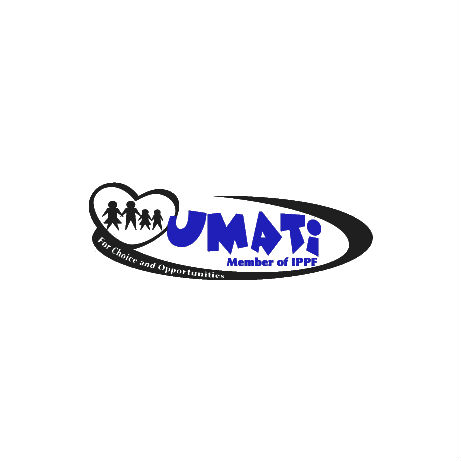

| 31 March 2016
Egyptian Family Planning Association
The Egyptian Family Planning Association (EFPA) is one of the Arab World and Africa’s primary volunteer-based associations working in family planning. Founded in 1958, EFPA is a strong, well-established, transparent and competent association, bound by the Egyptian Ministry of Social Solidarity – MoSS administrative supervision, in addition to, the Ministry of Health and Population - MoHP technical supervision. In line with its new strategic plan 2016-2022 and in accordance with the SDG’s, EFPA’s vision aspires to see all people in Egypt free regarding their sexual and reproductive choices, free from violence and discrimination. EFPA’s mission resides in continuing to lead volunteerism on SRHR, primarily through service provision, awareness raising and women and girls’ rights and empowerment, as well as, advocating for sexual and reproductive rights for all, particularly, the underprivileged and most at-risk groups. EFPA’s current scope of work within its present strategy 2016-2022, is focused on four different outcomes, namely advocacy, information and awareness raising, high-quality service provision, as well as, quality performance. On advocacy, information and awareness raising aspect, EFPA aspires that the government will respect and protect sexual and reproductive health and rights, as well as, gender equality; and people will be able to act freely in terms of their choices regarding their sexual and reproductive health and rights. The association provides awareness sessions, single sessions, as well as, a complete gender-sensitive approach Comprehensive Sexuality Education program, with special focus on young people including young women and men through its 16 different Youth Friendly Clinics - YFCs, in order to, positively affect their behaviours and life choices. The access to information and awareness raising for young people positively reflects on their access to services through EFPA’s offered Youth Friendly Services - YFSc and their understanding of their rights, leading to their empowerment and an ability to lead an informed, happier and healthier life. As for service provision EFPA adopts a beneficiaries-centred approach, where it seeks to provide 10,899,269 high-quality SRH service. The following services are offered in 102 different SDPs throughout 20 governorates, where the Integrated Package of Essential Services is provided, offering counselling services, contraception services, referral for safe abortion care (to the extent of the law) with pre- and post-abortion counselling, STIs/ RTIs treatment services, HIV/AIDS services, gyneacology services, prenatal care, in addition to, GBV services. Finally, but most importantly is EFPA’s commitment to sustain a unified, high performing and accountable association status. Thus, aspiring to positively serve and contribute to the advancement and development of the Egyptian society in terms of the SRHR field in collaboration with other entities whether governmental or other non-profit organizations, in order to, help empower all people to make, better and more informed healthier life choices.

| 31 March 2016
Uzazi na Malezi Bora Tanzania
Chama cha Uzazi na Malezi Bora Tanzania (UMATI) is an autonomous, non-political national NGO providing Sexual and Reproductive Health and Rights (SRHR) information, education, and services in Tanzania. It was established in 1959 and became a full IPPF Member Association in 1973. Since then, it has developed a comprehensive range of sexual and reproductive health (SRH) services for Tanzanian young people. UMATI invests in the provision of gender responsiveness SRH services youth and women empowerment, and evidence-based advocacy through result-based projects implemented in 20 regions in Tanzania Mainland, and Zanzibar. UMATI recognizes that AGYW and ABYM experience different health needs and risks especially those related to HIV, STIs, and sexual gender-based violence. UMATI’s SRH programmes are developed based on the unmet need and government priorities and its SRH and FP service delivery has always been targeting the hard-to-reach communities, socially excluded and under-served people especially women, girls, and young people, and the key population. UMATI empowers adolescents and young people (10-24) to realize and demand their SRHR for effective utilization of the services. The Association, through the Comprehensive Sexuality Education (CSE) approach, reaches young people with knowledge, skills, and Social Behaviour Change Communication (SBCC) messages to freely access services at UMATI clinics, youth centers, and selected government facilities. Different approaches are used to reach adolescents and youth such as peer education sessions, IEC/BCC Materials, debate, health talk/dialogues, folk media, social media, radio, TV, e-sessions, community forum/dialogues, community meetings, and SRH service outreaches. UMATI collaborates with the Ministry of Health and Local Government Authorities to provide SRH services through 943 service points which include its own 5 permanent clinics and seven youth centers and support 391 community-based distributors/community-based services (CBDs/CBSs). UMATI’s SRH programmes are effectively maintained and delivered by 76 committed staff, 340 peer educators and a youth action movement membership of 400 activists. UMATI receives funding support for its programmes from donors and partners such as Youth Incentives, Pathfinder International, PLAN International, UKAIDS, She Decides, UNICEF, UNFPA, Bills & Melinda Gates Foundation, Health Action International, SIMAVI, BERGSTROM Foundation, ZENSHO, and ActionAid Tanzania.







